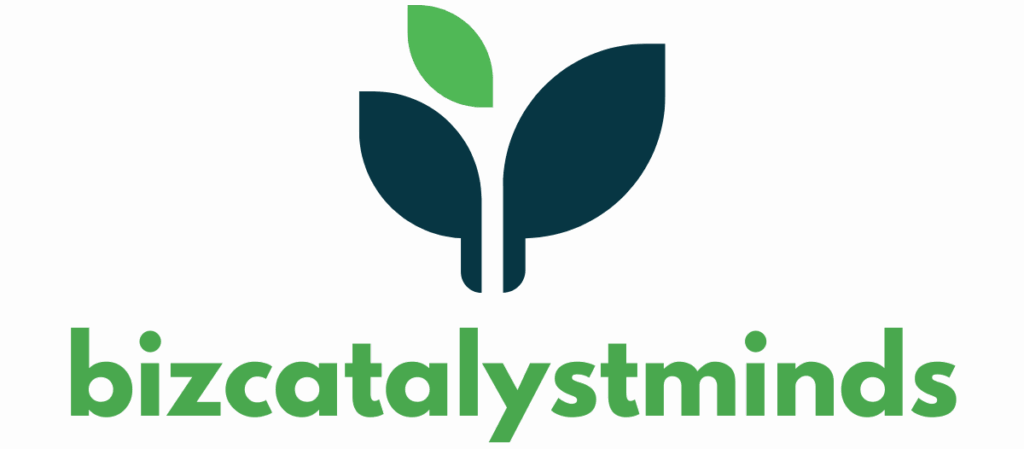Table of Contents
ToggleIn the bustling world of corporate life, coffee isn’t just a beverage; it’s the lifeblood of company culture. Picture this: a team huddled around the coffee machine, sharing laughs and brainstorming ideas. That magical java elixir fuels creativity, sparks camaraderie, and transforms ordinary meetings into vibrant brainstorming sessions.
But it’s not just about caffeine; it’s about connection. The right coffee culture can turn a mundane workplace into a thriving community where collaboration flourishes. So why settle for bland break rooms and stale conversations when a well-brewed cup can ignite passion and innovation? Dive into the rich world of company culture coffee, where every sip can brew up new possibilities and strengthen team bonds. After all, who knew a simple cup of coffee could be the secret ingredient to a happier, more productive workplace?
Overview of Company Culture Coffee
Company culture coffee transcends mere consumption, becoming a vital component of workplace engagement. Coffee acts as a catalyst for informal gatherings, allowing employees to connect on a personal level. This connection fosters a sense of belonging, sharpening interpersonal relationships within teams. Environments with strong coffee cultures often experience heightened creativity, as team members feel more comfortable sharing ideas.
Regular coffee breaks also help alleviate stress, providing a necessary pause during busy workdays. Emphasizing shared experiences around coffee cultivates camaraderie among colleagues. Organizations that prioritize coffee culture create spaces designed for collaboration, encouraging communication and openness. Engaging coffee setups, like bean-to-cup machines or local brews, enhance the overall employee experience.
Additionally, coffee rituals, such as morning brews or afternoon catch-ups, become integral to daily routines. These rituals promote structure and predictability, contributing to job satisfaction. Coffee’s role in meetings cannot be understated; offering a warm beverage during discussions invites openness and a relaxed atmosphere.
Implementing initiatives that revolve around coffee can strengthen a company’s identity. For instance, inviting local coffee roasters for tastings or organizing coffee-themed team events can drive enthusiasm. Furthermore, leveraging coffee to celebrate achievements can foster a positive workplace culture.
Overall, a thoughtful approach to company culture coffee helps enrich the work environment, leading to improved collaboration, job satisfaction, and productivity among employees.
Benefits of Company Culture Coffee
Company culture coffee significantly boosts workplace dynamics. Numerous advantages arise from integrating coffee into the corporate environment.
Enhancing Employee Engagement
Coffee facilitates open conversations among employees. Inviting spaces for coffee breaks energize team members. Employees feel more connected, resulting in increased participation in company initiatives. Regular coffee rituals help establish routine and predictability, making the workplace more inviting. Offering diverse coffee options caters to varied preferences, enhancing overall satisfaction. Engaged employees often display higher levels of motivation and productivity, which directly benefits the company’s performance. Effective coffee setups lead to a lively atmosphere, inviting employees to interact and participate more actively in the corporate culture.
Fostering Team Collaboration
Collaborative efforts thrive in environments rich with coffee culture. Casual coffee meet-ups often spark innovative discussions and creative brainstorming. Team members bond over shared preferences, building trust and enhancing teamwork. Informal settings make it easier for ideas to flow without the pressure of formal meetings. Coffee encourages people to contribute opinions freely, resulting in a more inclusive decision-making process. Engaged teams create stronger connections when fueled by regular coffee interactions, enhancing productivity. Company-wide coffee events can celebrate achievements while reinforcing relationships among departments, creating a unified and collaborative workplace atmosphere.
Creating a Coffee-Friendly Environment
Creating a coffee-friendly environment transforms workplace dynamics. Emphasizing coffee culture boosts creativity and collaboration among employees.
Designating Coffee Spaces
Designated coffee spaces serve as informal meeting areas. These spaces encourage team interactions and casual conversations. By providing comfortable seating and a relaxed atmosphere, employees feel more at ease. Coffee stations equip teams with everything they need for quick breaks. Setting them apart from work zones enhances focus and productivity. Often, these areas become the heartbeat of the office, where ideas flow freely. With strategically placed coffee stations, informal brainstorming sessions flourish.
Offering Quality Coffee Options
Offering quality coffee options caters to diverse employee preferences. Premium coffee enhances overall satisfaction and engagement. Freshly brewed options encourage employees to take breaks and recharge. Introducing specialty drinks like lattes and cold brews fosters excitement. Providing bean selection or sustainability initiatives appeals to environmentally-conscious employees. Quality coffee becomes a vital part of daily routines, promoting a more enjoyable workplace atmosphere. By investing in top-notch coffee, companies signal that they value employee comfort and happiness.
Case Studies of Successful Implementation
Several companies exemplify the successful integration of coffee culture into their workplaces. For instance, Google promotes its coffee culture through various initiatives that foster teamwork. Dedicated coffee bars serve as informal meeting spots, encouraging collaboration among employees. This approach enhances creative exchanges and strengthens relationships across departments.
Starbucks represents another strong case. The company focuses on creating inviting coffee spaces that are more than just beverage stations. Employees regularly engage in casual conversations over coffee, leading to spontaneous brainstorming sessions. This practice has resulted in increased employee satisfaction and a shared sense of identity.
Zappos takes coffee culture further by hosting weekly coffee gatherings, allowing team members to share ideas in a relaxed atmosphere. These informal meetups facilitate connections and help break down barriers among staff members. The open environment fosters a culture of innovation and inclusivity.
In the tech startup Slack, coffee is central to workplace engagement. Conducting regular coffee breaks for teams allows for conversation and collaboration beyond standard work discussions. Consequently, employees feel more connected and invested in the company’s success.
Lastly, Salesforce organizes company-wide coffee events that celebrate achievements and strengthen interdepartmental relationships. These gatherings promote community and collaboration, reinforcing a positive workplace culture. Each coffee initiative contributes to building a cohesive team environment, enhancing overall productivity.
Implementing coffee culture creates not only a vibrant atmosphere but also leads to measurable improvements in employee engagement and job satisfaction.
Embracing a strong coffee culture can profoundly impact workplace dynamics. It’s not just about the beverage; it’s about fostering connections and enhancing creativity among team members. By creating inviting coffee spaces and encouraging informal interactions, companies can cultivate an environment where collaboration thrives.
Investing in quality coffee options signals a commitment to employee well-being and satisfaction. As seen in successful case studies, organizations that prioritize coffee culture often witness increased engagement and productivity. Ultimately, a vibrant coffee culture transforms the workplace into a more enjoyable and fulfilling space, benefiting both employees and the company as a whole.







